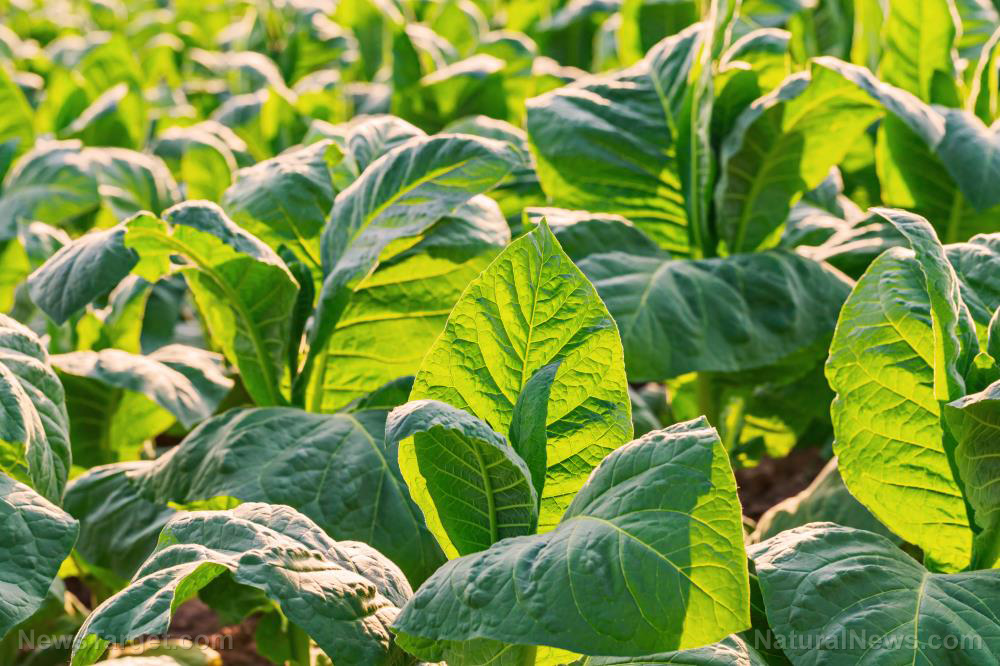
Even the Egyptians, famed for their advanced knowledge of medicine, valued black seed. Archaeological findings suggest its importance, with black cumin discovered in the tomb of Pharaoh Tutankhamun – hinting at its role in ancient Egyptian healing practices.
References to black seed are also found in religious texts. The Old Testament's book of Isaiah mentions it and Easton's Bible Dictionary explains that the Hebrew word "ketsah" refers to N. sativa.
In the Islamic tradition, the seed also holds special significance. The Prophet Muhammad famously said: "The black seed can heal every disease, except death." This prophetic endorsement has made black seed an integral part of Islamic medicine for centuries, where it is revered not only for its therapeutic properties but also for its symbolic significance as part of the "Medicine of the Prophet." The black seed's association with religious teachings helped spread its use far and wide – especially with the rise of Islam in the 7th century. Its use has never been restricted throughout Islamic history – remaining a constant in treating illnesses.
Throughout history, black cumin has earned a reputation as a "panacea" – a remedy for nearly every ailment. Different medical traditions have used black cumin seed in various forms, such as extracts, oils, pastes and powders, to treat a broad spectrum of conditions.
These include back pain, headaches, inflammatory problems like arthritis and rheumatism, mental fatigue, respiratory issues like asthma and bronchitis, and skin disorders like acne and eczema. It has also been used to manage more severe ailments, such as amenorrhea, hypertension and even paralysis.
The seeds' wide use in traditional remedies is attributed to their diverse medicinal properties, which have been recognized for centuries. These properties include antioxidant, anti-inflammatory, anticancer, antimicrobial, cardioprotective, immunomodulatory and neuroprotective effects. Whether it's aiding digestion, boosting immunity or protecting the heart, black cumin has been celebrated as a versatile healing agent across many cultures.
Modern science explains black cumin's healing properties
The potency of N. sativa as a medicinal herb lies in its complex and diverse phytochemical composition. However, this composition can vary depending on the region where the plant is grown, its maturity, processing methods and extraction techniques.
The bioactive compounds in black cumin, which are responsible for its wide range of healing properties, can be classified into several chemical groups:
Terpenes and terpenoids
The largest and most significant group of chemicals in black cumin seeds are terpenes and terpenoids. Among these, thymoquinone (TQ) stands out as the most researched and potent compound.
TQ and its derivatives – including alpha-pinene, carvacrol, thymol and thymohydroquinone – are known for their anti-inflammatory, antimicrobial antioxidant properties. These compounds are largely responsible for black cumin's versatility in treating various health conditions – from inflammation to respiratory issues.
Phytosterols
The oil extracted from black cumin seeds is rich in phytosterols, particularly beta-sitosterol, which makes up about 44 to 54 percent of the total sterol content. Other important sterols include campesterol, delta-7 avenasterol and stigmasterol – key players in lowering cholesterol levels and promoting heart and cardiovascular health.
Alkaloids
Black cumin seeds also contain several alkaloids, which are bioactive compounds known for their medicinal effects. The major alkaloids include nigellicimine, nigellicimine-N-oxide, nigellicine and nigellidine, which have been linked to benefits in lipid (fat) metabolism and possess anticancer and neuroprotective properties – further enhancing black cumin's medicinal reputation.
Tocols (vitamin E)
Black cumin is a rich source of tocopherols, a family of compounds that make up vitamin E. Tocopherols are powerful antioxidants that protect cells from oxidative damage and prevent lipid peroxidation. Black cumin contains four tocopherol isomers – alpha-, beta-, delta- and gamma-tocopherols – with gamma tocopherols being the most abundant. The high tocopherol content contributes to black cumin's role in preventing chronic diseases linked to oxidative stress, such as cancer and heart disease.
Polyphenols
Black cumin seeds are packed with polyphenols, a class of antioxidants that combat oxidative stress and inflammation. Nineteen polyphenols have been identified in black cumin, including caffeic acid, chlorogenic acid, ferulic acid, kaemferol and quercetin. Among these most studied polyphenols, kaempferol and quercetin are found in the highest concentrations and are known to protect against diseases like cardiovascular problems, osteoporosis and certain cancers. Kaempferol, in particular, has been shown to inhibit the oxidation of low-density lipoproteins (LDL) or bad cholesterol – helping to prevent arteriosclerosis.
Miscellaneous compounds
In addition to its primary phytochemical groups, black cumin seeds contain a variety of other beneficial compounds. These include special carbohydrates (such as arabinose, rhamnose and xylose), glycerolipids (mono-, di- and triacylglycerols), phospholipids and vitamins, such as vitamin C and several B vitamins (thiamine, riboflavin, pyridoxine and folic acid). Black cumin seeds also contain important minerals, such as calcium, iron, magnesium, potassium and zinc, and minor amounts of alkane hydrocarbons – further enhancing its role as a well-rounded natural remedy.
While black cumin's traditional uses have been well-documented, modern science has begun to reveal the mechanisms behind its healing powers. The seed's essential oil, in particular, contains a range of powerful compounds – with thymoquinone being the most studied. Other active components, such as alpha-hederin, carvacrol, nigellicine, nigellidine, thymohydroquinone and thymol, also contribute to its pharmacological effects – giving it a wide range of therapeutic benefits.
Though its food value is often overlooked in scientific literature, black cumin seeds are rich in both macro- and micronutrients. They provide significant amounts of proteins and healthy fats, particularly essential fatty acids like linoleic and oleic acids vital for heart health. Additionally, black cumin contains the vitamins and minerals previously mentioned – making black cumin not only a medicinal herb but also a nutritionally valuable food source.
Watch this video about eight surprising health benefits of black cumin seed oil, a versatile medicinal oil.
This video is from the Natural News channel on Brighteon.com.
More related stories:
Black cumin seed: The ultimate medicine from Mother Nature.
10 Medicinal uses of black cumin seed oil.
Black cumin: Healing people for thousands of years.
Sources include:
Please contact us for more information.






















